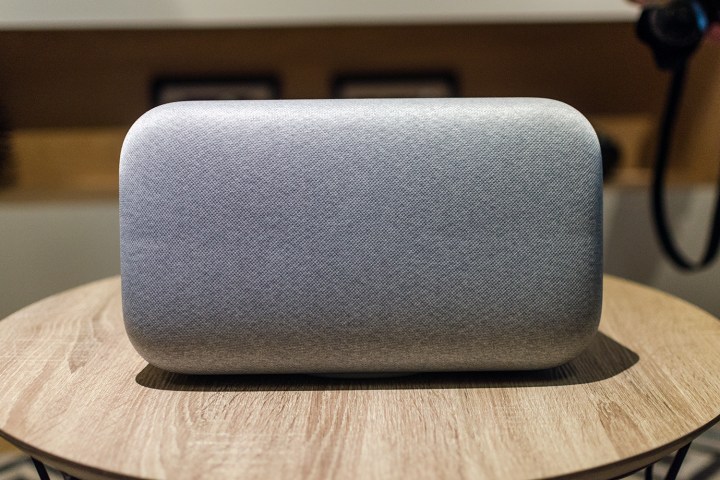
Originally, the errors were confined to the Google Home Max and TP-Link’s Archer C7 router, but more problems have surfaced since the original reports and have affected users across a number of different devices. However, 9to5 Google has reported that the company has now implemented a fix that should solve this problem across all affected devices.
Users say that the problems begin as soon as the Google Home Max is connected to a network using the affected routers. TP-Link has placed the blame on the MDNS packets, which keep the
Originally, the Archer C7 was the only router affected, but other users of other devices have since encountered similar issues. Those who are having problems can submit a report to Google within the Google Home app using the keywords “GHT3 – Unable to setup Max to network.”
Fortunately for affected users, there is a fix incoming. Android Police reports that a beta firmware update for the Archer C7 appears to have fixed the issue. The Google Home team says that they have not received any complaints from users who are using the updated Archer C7 firmware. While the original complaints were limited to
Despite the device’s issues with the Archer C7 router, the Google Home Max remains a popular smart speaker that has garnered strong reviews, including our own. The main issue we had with it was that the device is more expensive than the Google Home Mini, so if you don’t mind the smaller speakers, that may be the way to go for most users.
Update: Updated to include information about a software fix from Google.
Editors' Recommendations
- The most common Google Home problems and how to fix them
- Echo Show 8 vs. Nest Hub: Does Amazon or Google offer the best smart display?
- What is a smart lock and how does it work?
- Wildfire smoke prompts Google to issue work-from-home advisory
- Your Google smart home devices just got a lot less talkative


